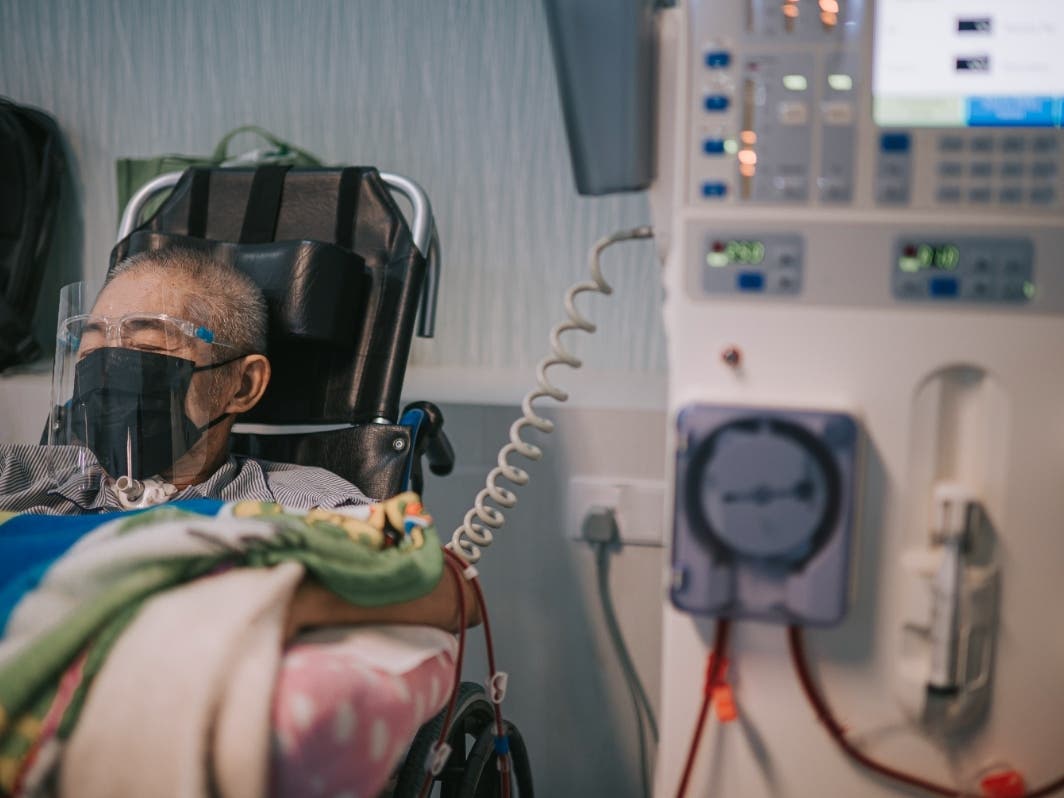Politics & Government
Real-Time Election Results: Prop. 29
Golden State voters have had their say on Proposition 29, the ballot measure calling for more dialysis clinic regulations.

CALIFORNIA — The polls are closed in California, and voters will soon know the fate of Proposition 29, the dialysis clinic ballot measure.
Like a confusing and humorless “Groundhog’s Day” California voters, once again, found themselves caught in a pitched battle over the regulation of dialysis clinics. Every two years since 2018, voters have been asked to decide on new requirements for dialysis clinics.
This time, it was Proposition 29, which would require clinics to have at least one physician, nurse practitioner, or physician assistant onsite when patients are being treated and to report infections related to dialysis treatment. It would also prohibit clinics from closing or reducing services substantially without approval from state officials. Lastly, it bars dialysis clinics from discriminating against patients based on their source of payment for treatment.
Find out what's happening in Across Californiawith free, real-time updates from Patch.
According to the Legislative Analyst’s Office, “Increased state and local government costs likely in the tens of millions of dollars annually.”
The independent analysts also concluded that the new requirements could cost clinics hundreds of thousands of dollars, potentially forcing some to operate at a loss to be subsidized by a chain’s more profitable clinics.
Find out what's happening in Across Californiawith free, real-time updates from Patch.
Scroll through the propositions below to see the real-time results for every ballot measure.
Can't see the widget below? Click here for all California election results.
Voters overwhelmingly rejected a very similar proposition in 2020 that also required dialysis clinics to report infections and have a doctor or nurse practitioner on hand. As in the 2018 and 2020 elections, this proposition pitted the Service Employees International Union-United Healthcare Workers West, the union representing clinic workers, against clinic owners.
As with the 2020 measure, opponents argued that these requirements are unnecessary and costly. Clinics would be forced to close down, and patients will lose access to the care they depend upon for survival. Supporters, which included the California Democratic Party along with the union, argued that the measure was needed to ensure basic standards of care for 80,000 Californians who depend upon dialysis for survival.
“Big dialysis corporations make billions of dollars annually,” according to Californians for Kidney Dialysis Patient Protection, the union’s advocacy group. “The average profit margin for DaVita and Fresenius clinics in the United States is 16% and 15.8% respectively — nearly six times as high as the average profit margin for US hospitals.”
Critics of the measure, which included the Republican Party of California and the California Chamber of Commerce, contended the measure could cost patients access to dialysis clinics.
“It’s shameful that this union would continue to use vulnerable patients as pawns to advance their political agenda," a No on 29 campaign statement reads.
The Non on 29 campaign raised nearly $86 million from five dialysis clinic companies and spent about $76 million through the end of September, according to Ballotpedia.
The SEIU-UHW West union has raised and spent nearly $8 million on the camping through the end of September, according to Ballotpedia.
Get more local news delivered straight to your inbox. Sign up for free Patch newsletters and alerts.